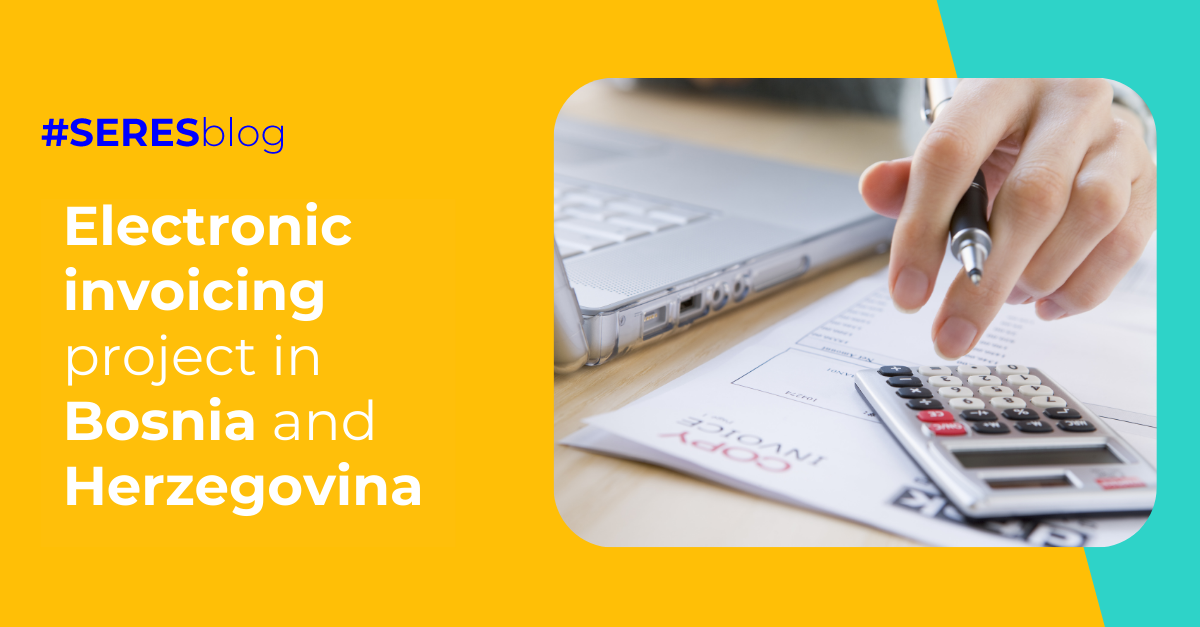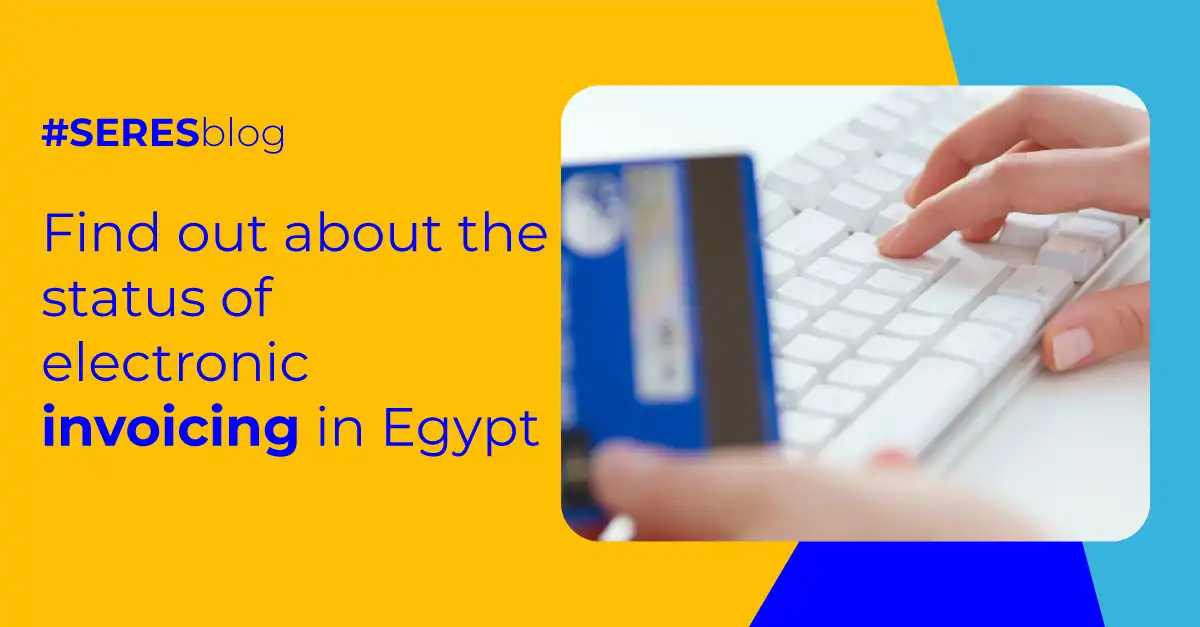How electronic invoicing has evolved in the US
The United States is the third-largest country, home to digitalization and artificial intelligence.
The United States is among the countries that offer the greatest facilities to form and operate a company. Its business culture is highly competitive and free and works with equity for domestic or foreign companies. This translates into continuous investment for the implementation of new technologies that help optimize your business.
However, it does not have a standardized electronic billing system since the U.S. tax system is decentralized. Something particularly striking considering the use of electronic invoicing in other countries.
Electronic invoicing itself provides many benefits that it is difficult not to take into account on the part of authorities and companies considering that such documents help to avoid tax evasion and provides multiple savings.
Some of these benefits are:
- Improves the customer experience by having multiple offers on-demand.
- It attracts and retains talent.
- It increases the productivity of companies and reduces costs.
- It increases the volume of business and the possibilities to expand.
- It allows adaptation to market changes and the demands of new business models.
- It allows the saving of physical spaces.
- Increases data protection by increasingly demanding regulations.
- Saving time and resources in querying data.
- Access to information through different technological devices.
- Improves and expands communications through collaborative tools.
- It enables the development of new products or services and improves existing ones.
In the U.S., there is currently an initiative by the Business Payments Coalition (BPC) aimed at standardizing electronic invoicing. This initiative is in the process of being tested, although the BPC has currently announced the successful completion of a proof of concept (POC) of a federated registration services model for the US electronic invoice exchange framework.
POC's goal was to test the concept of a federated registration service model, which the PBOC identified as necessary for an effective electronic invoice exchange framework for the U.S. market.
To perform the test, the BPC built a network of access points and gateways within the network and successfully sent multiple messages between them. The POC also helped the PBOC to understand the technical components needed to establish federated registration services.
The e-invoice exchange framework initiative aims to continue work by establishing a governance group and finalizing a market pilot in late 2022 and early 2023 to maintain the framework.



